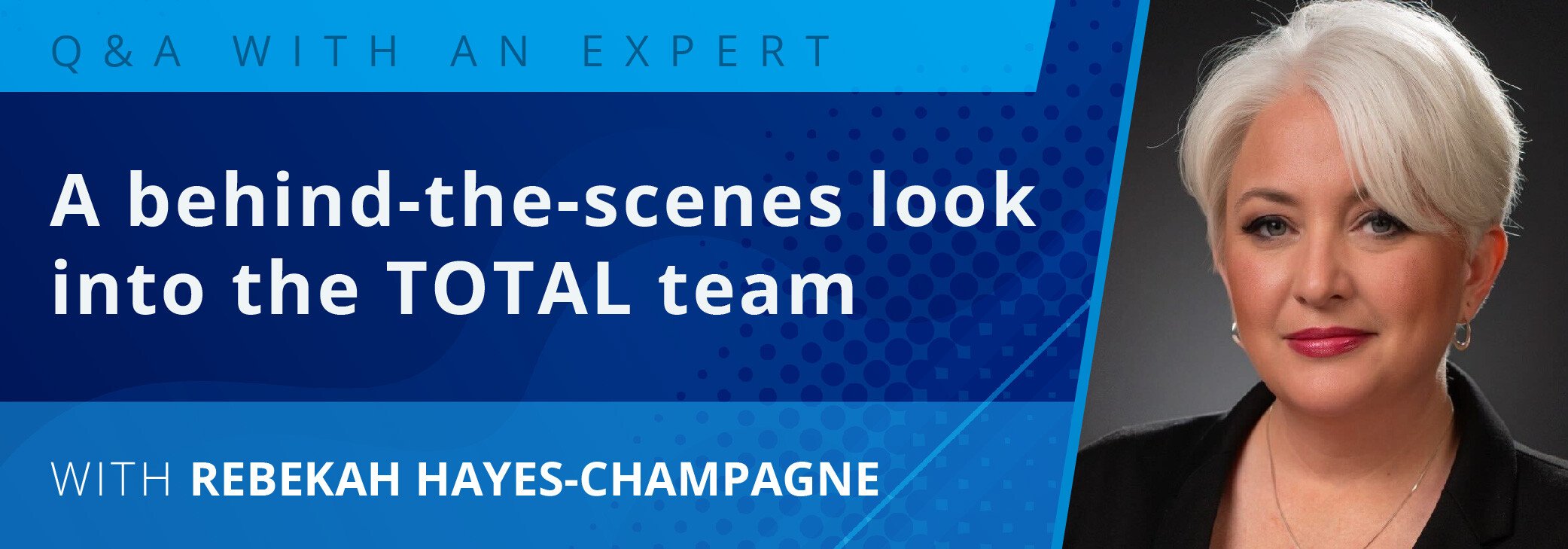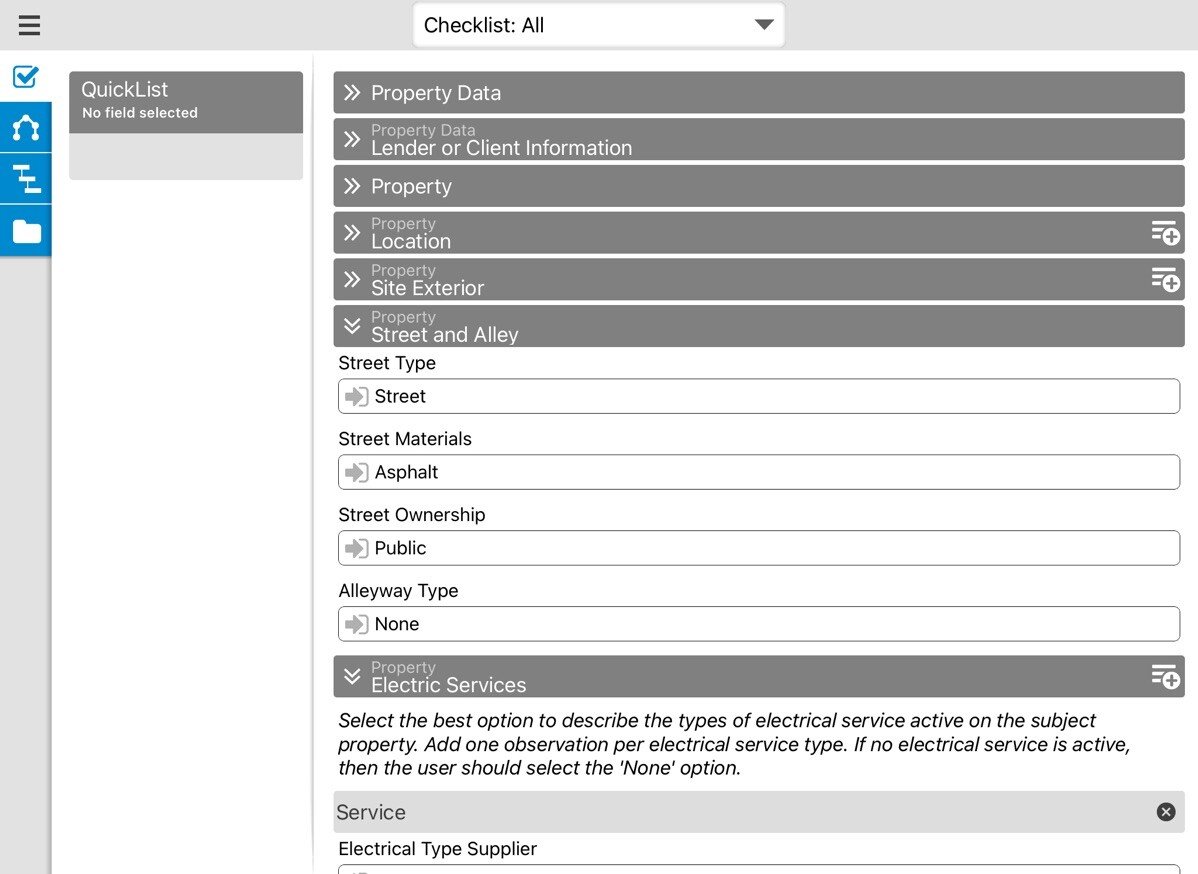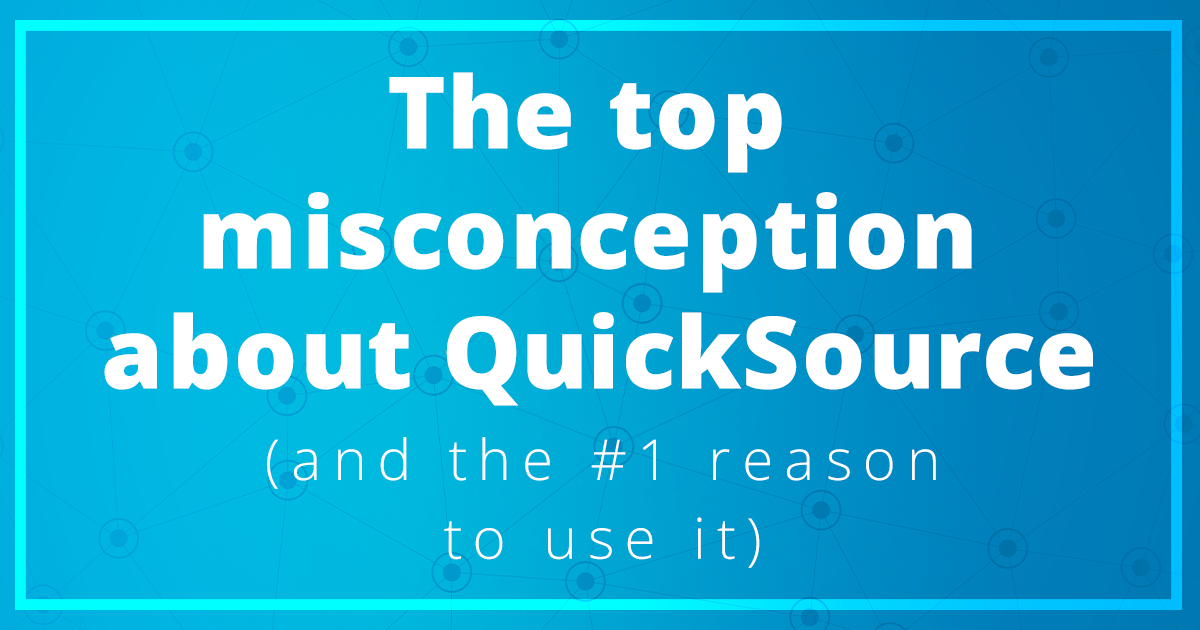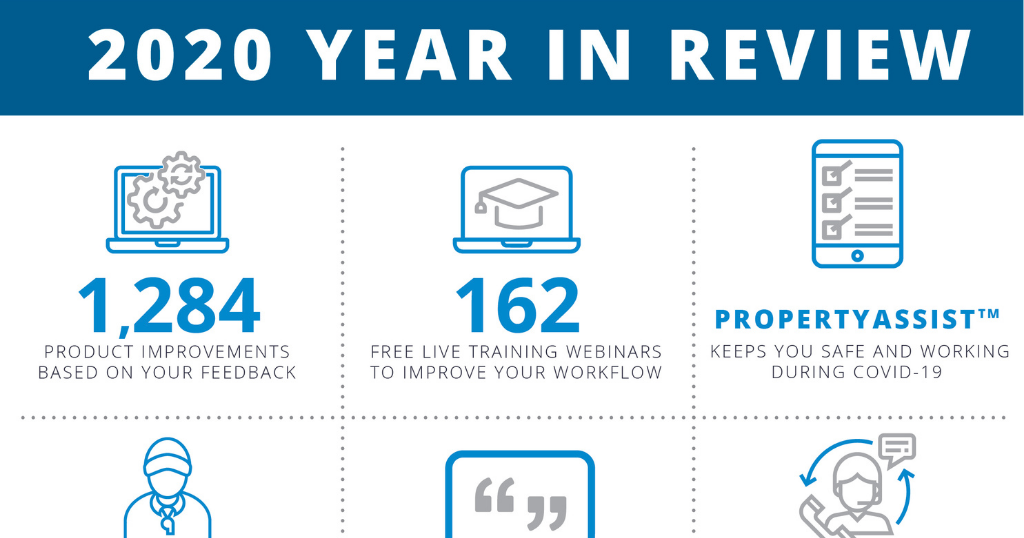Fueled by low mortgage rates, alternative loan programs and baby boomers in their peak-earnings years, the second home market is experiencing a boom of its own, according to the National Association of REALTORS®.
In fact, the second-home market, which includes vacation homes and investment property, now makes up about 5-6 percent of all homes sold each year.
Why buy two?
For many buyers, the second home is their “vacation villa on the beach” fantasy come true. For others, it’s purchased with the idea of making it a permanent residence after retirement. And some look at a second home purchase as a means of diversifying their investment portfolio.
America’s hankering for second home purchases came after tax law changes in 1997, which permitted sellers to exclude up to $500,000 in capital gains from taxation (for a couple who live in that home for two out of five years). The tax law changes allowed many homeowners to buy another, smaller primary residence and use some of their home equity to purchase a second home.
And where are they going? Those baby boomers-who represent 29 percent of the U.S. population-are igniting demand for homes near beaches, lakes, ski areas, golf courses and spurring the growth in popularity of elaborate adult resort communities.
In fact, some companies have begun to specialize in these types of properties such as Centex Destination Properties, the second home/resort division of Centex Homes. The company develops residential resorts and condominium/town home facilities specially geared to the vacation home market in prime areas like Hawaii, Las Vegas and on the Texas and Florida coasts.
What to tell your customers
The cost of maintaining a second home is often very similar to the buyer’s primary residence with the mortgage payment, property tax and insurance as the main expenses. However, for a second home, buyers may be required to have a larger down payment when securing a mortgage and the cost of insurance may be higher since it is not used as a primary residence.
Second home owners may also incur added expenses to provide for management, security, and handling of any emergencies in their absence. Storm damage for the coastal homes or frozen plumbing in the mountain homes will add costs and logistic issues for the owner who lives a distance away.
If the home is for rental or investment purposes, the homeowner cannot use the second home for personal use more than 14 days or 10 percent of the total days rented to others, (whichever is greater) if he wants the home to be considered an investment property with all expenses and depreciation eligible for deduction.
If the home is rented out for less than 15 days, the homeowner does not need to report the rent as income, nor does he deduct any of the expenses. Experts say that if the home is rented for more than 15 days, the rental income is subject to taxation and some expenses can be deducted.
What it means for you
We’ve all heard the old adage “time is money” and it rings true when it comes to keeping tabs on the developments and opportunities in second homes sales-it could translate into a second payday from a single buyer.



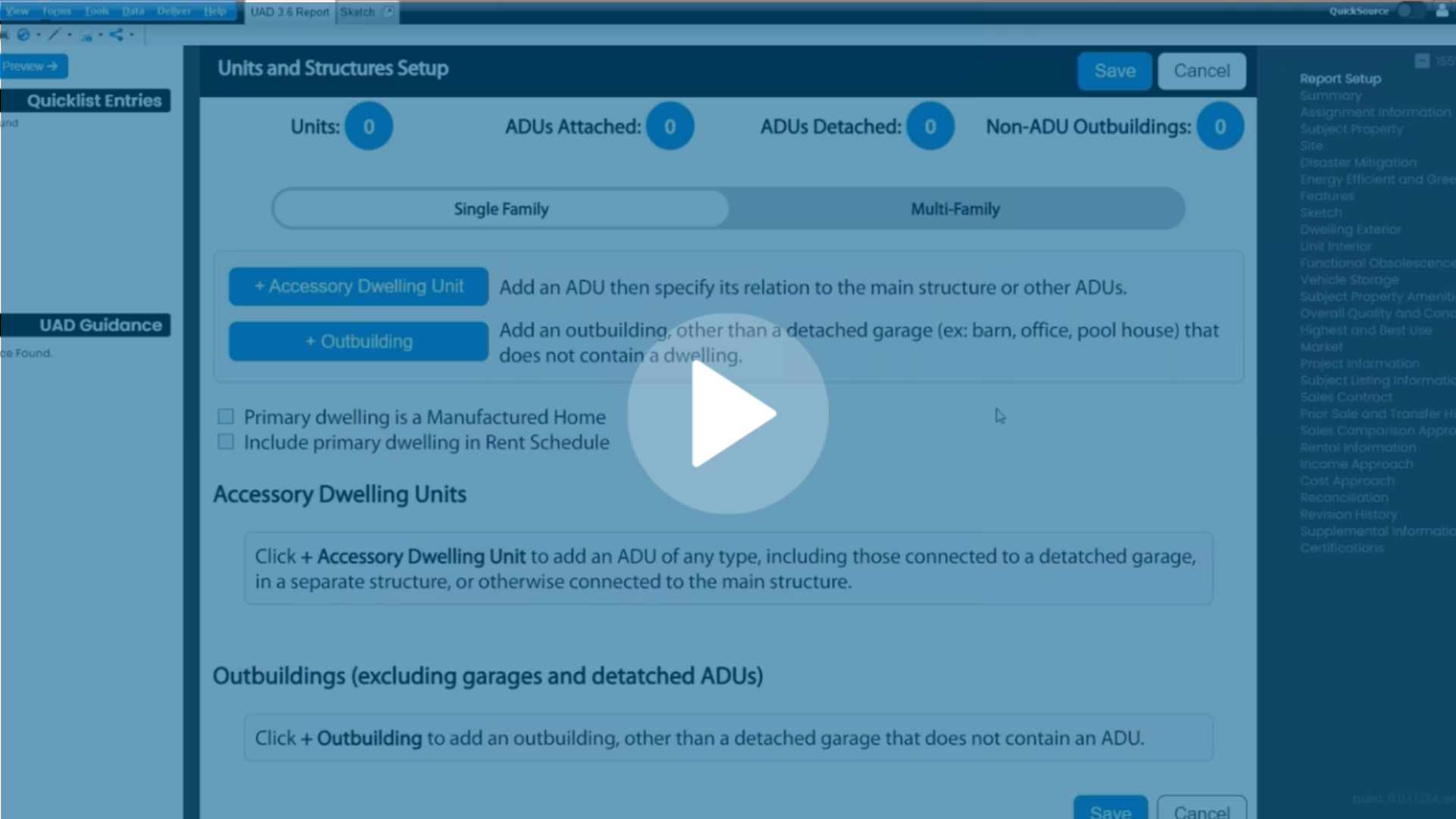
.png)
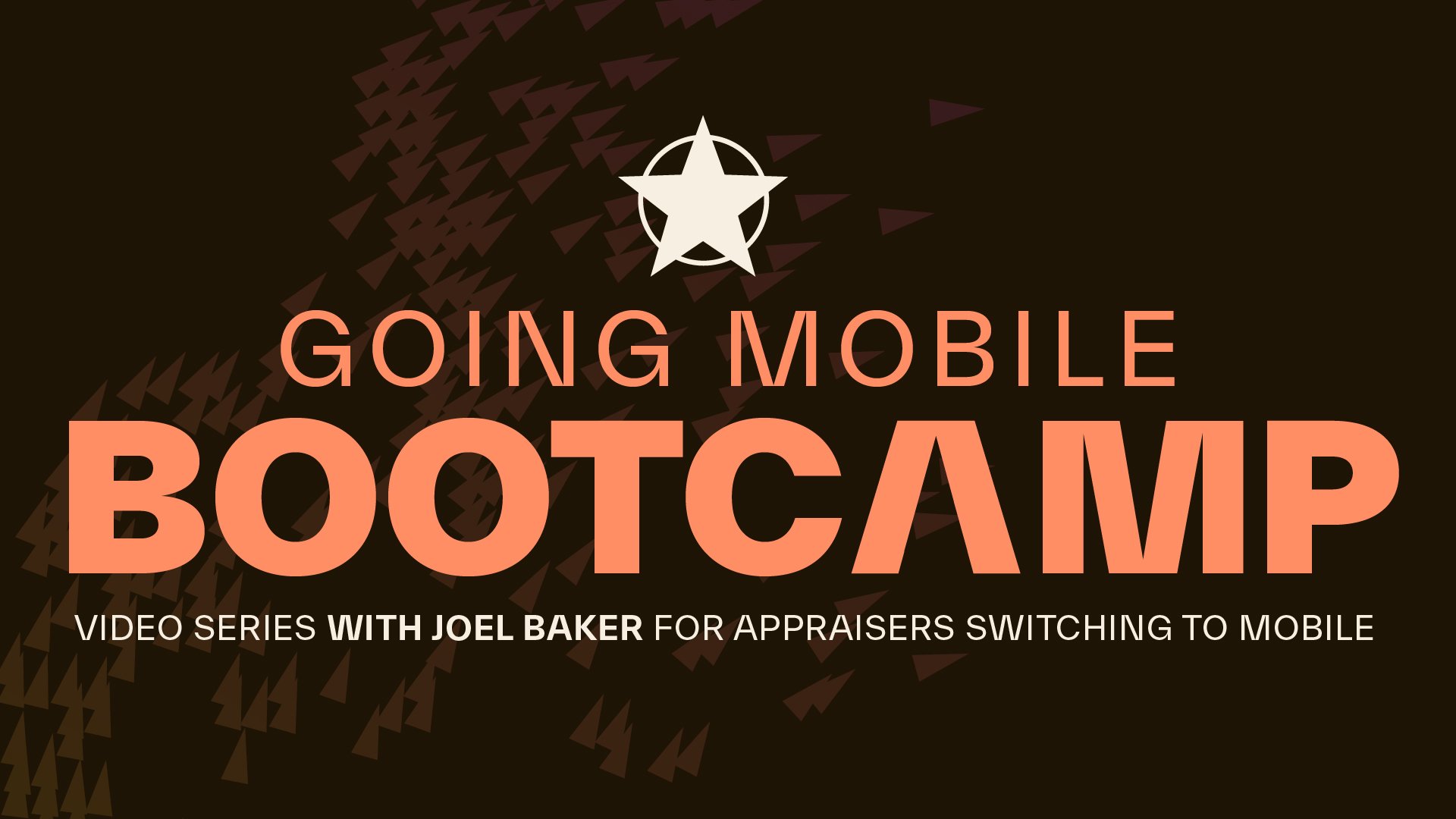
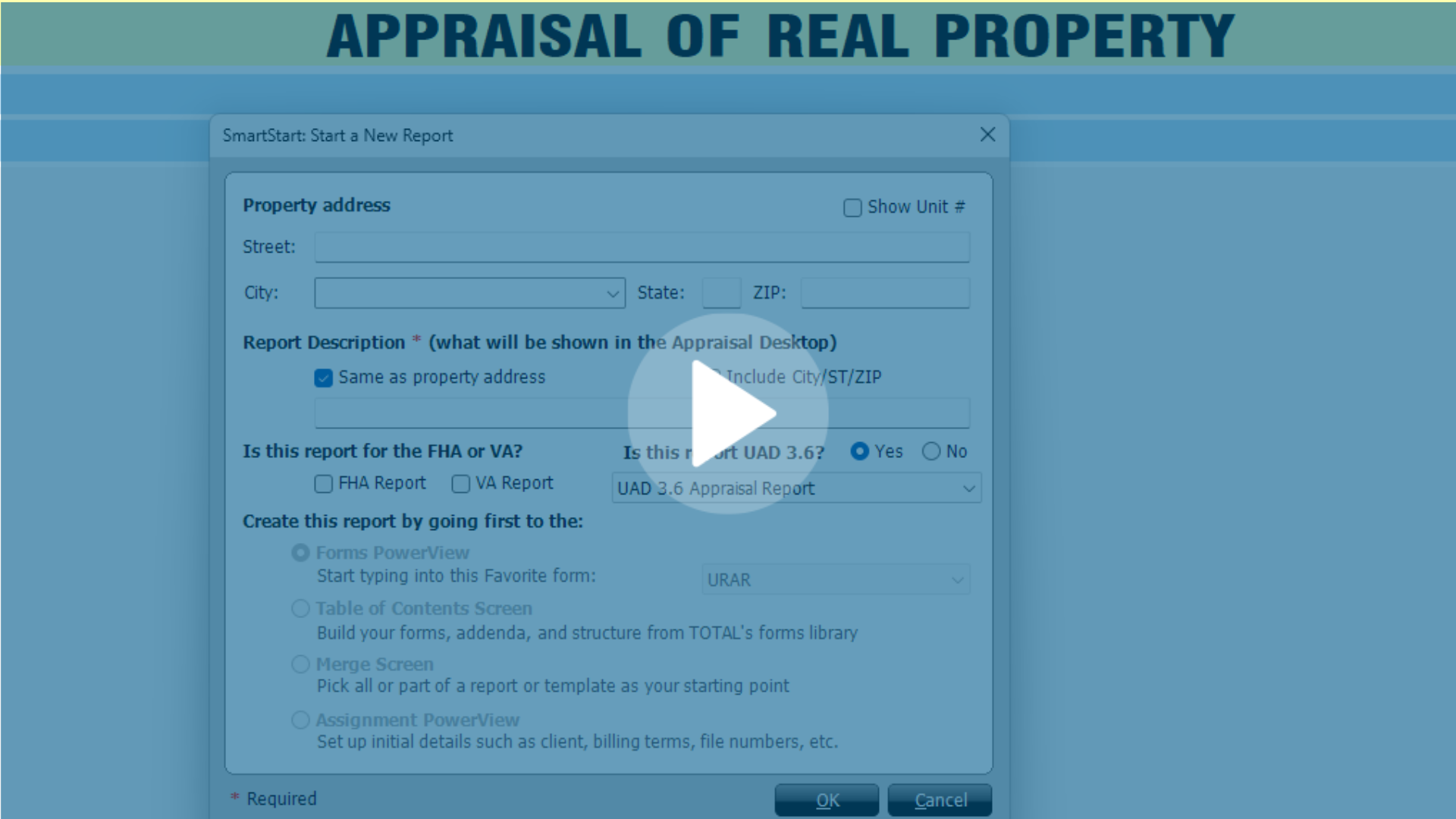


.png)
-1.png)
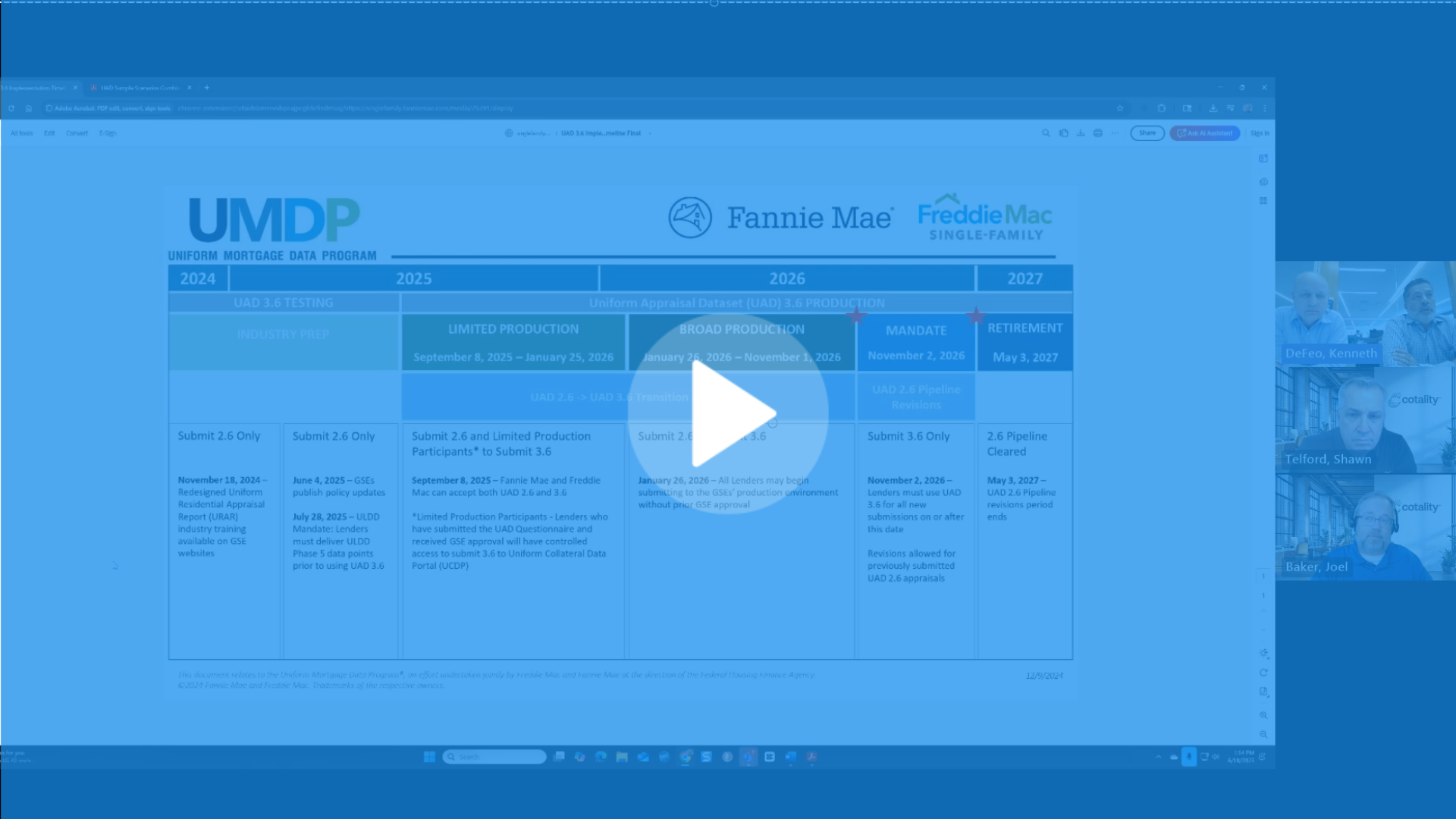
.png)
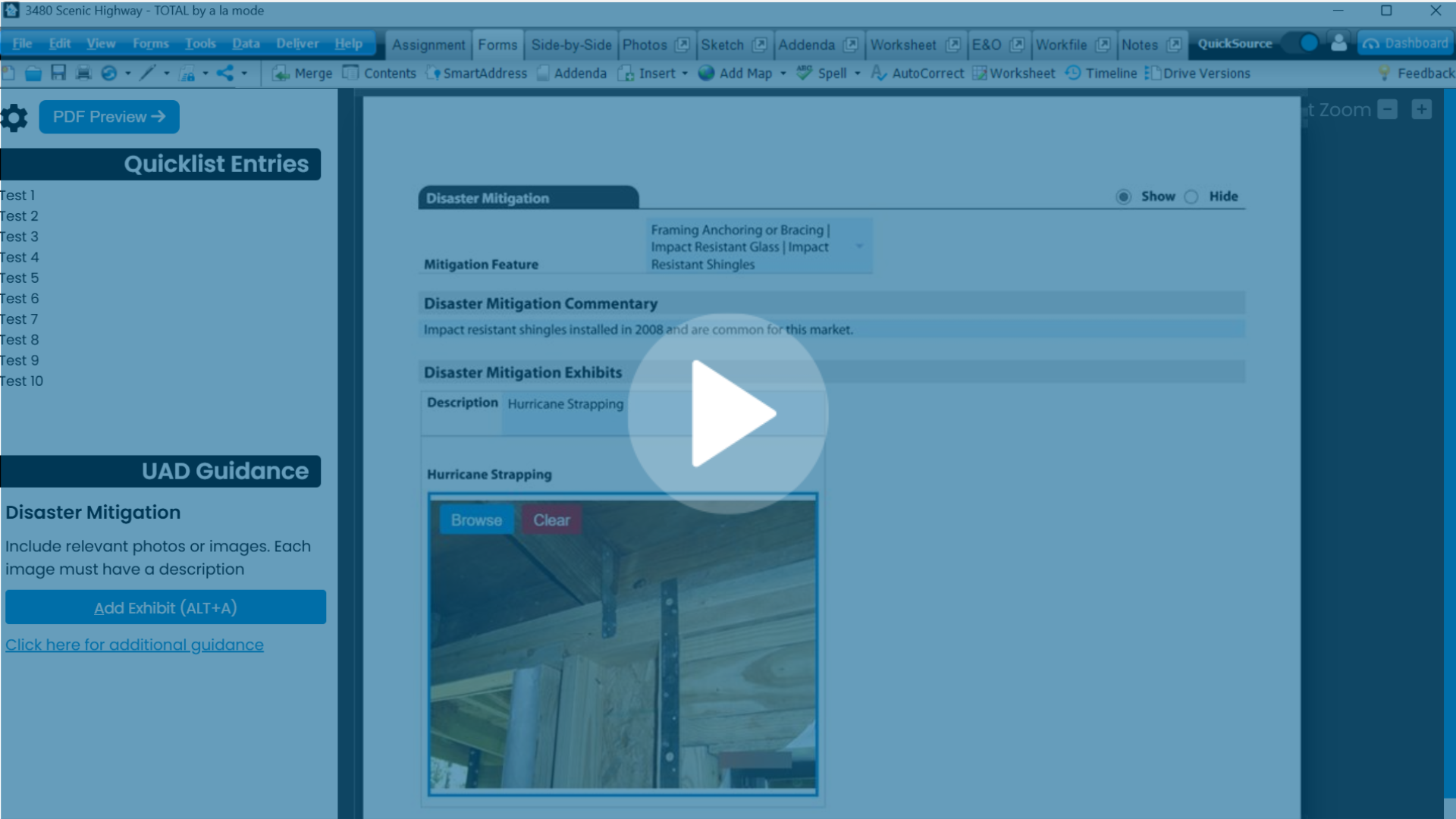
.png)
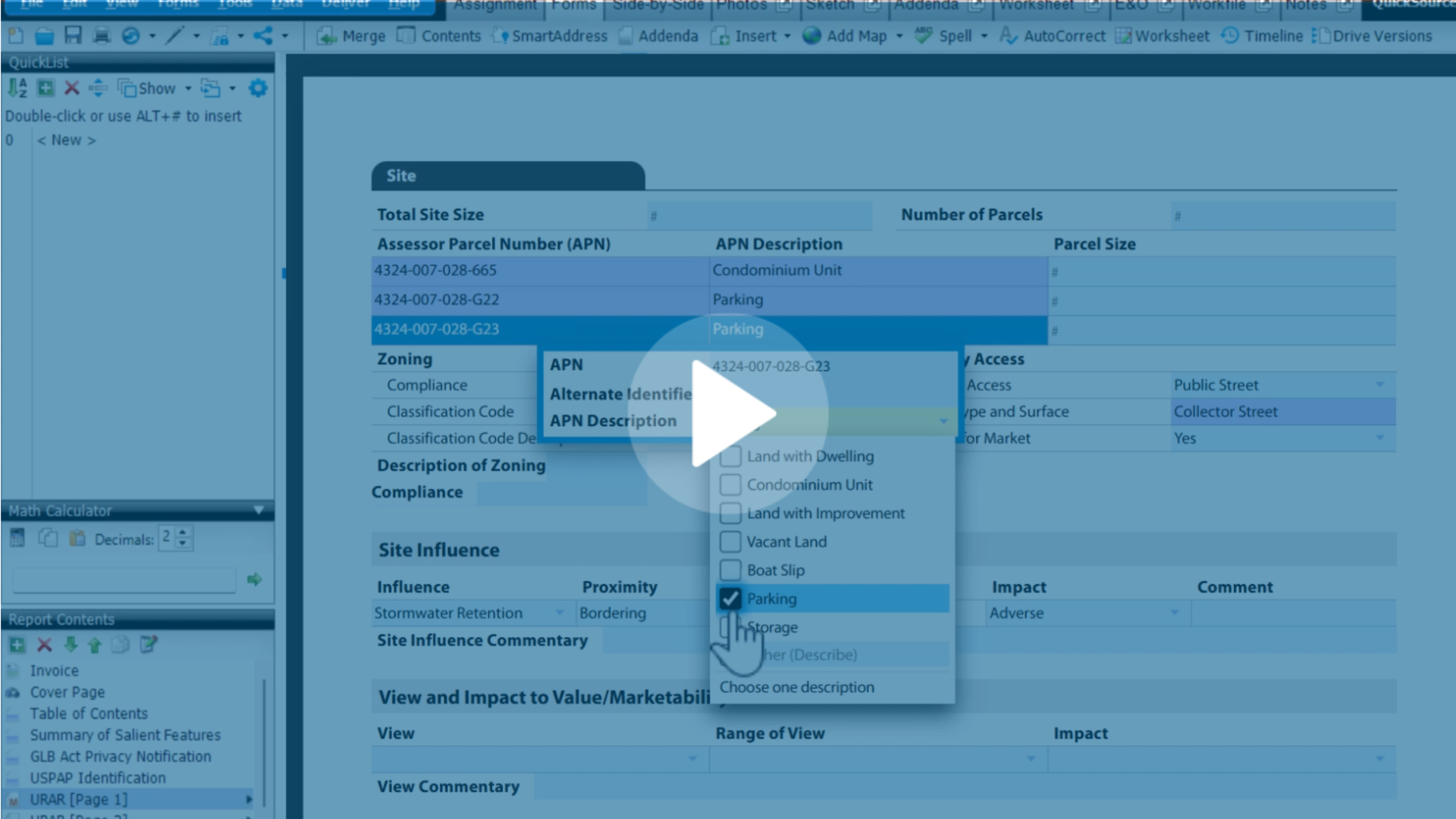
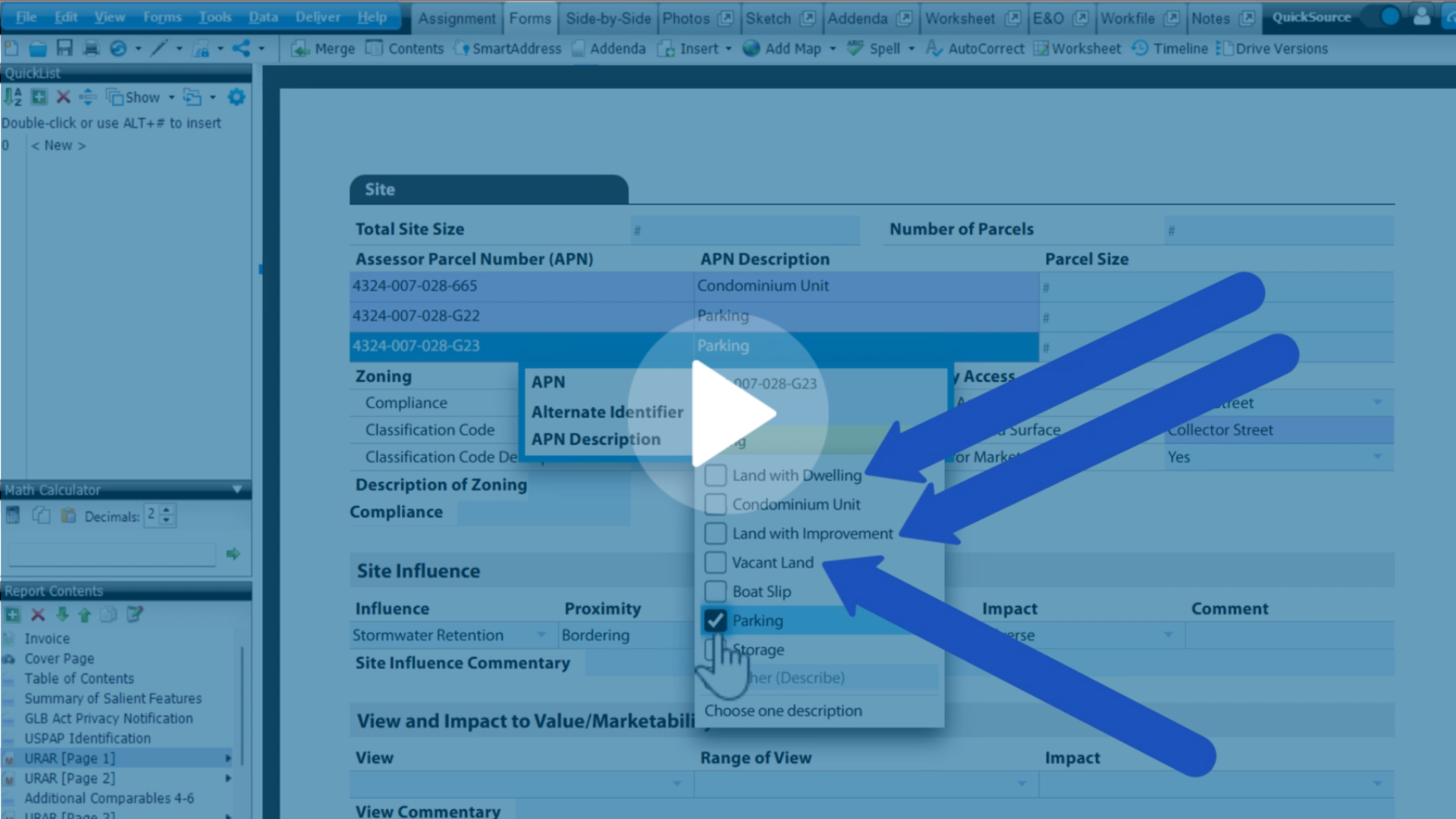
.png)
.png)
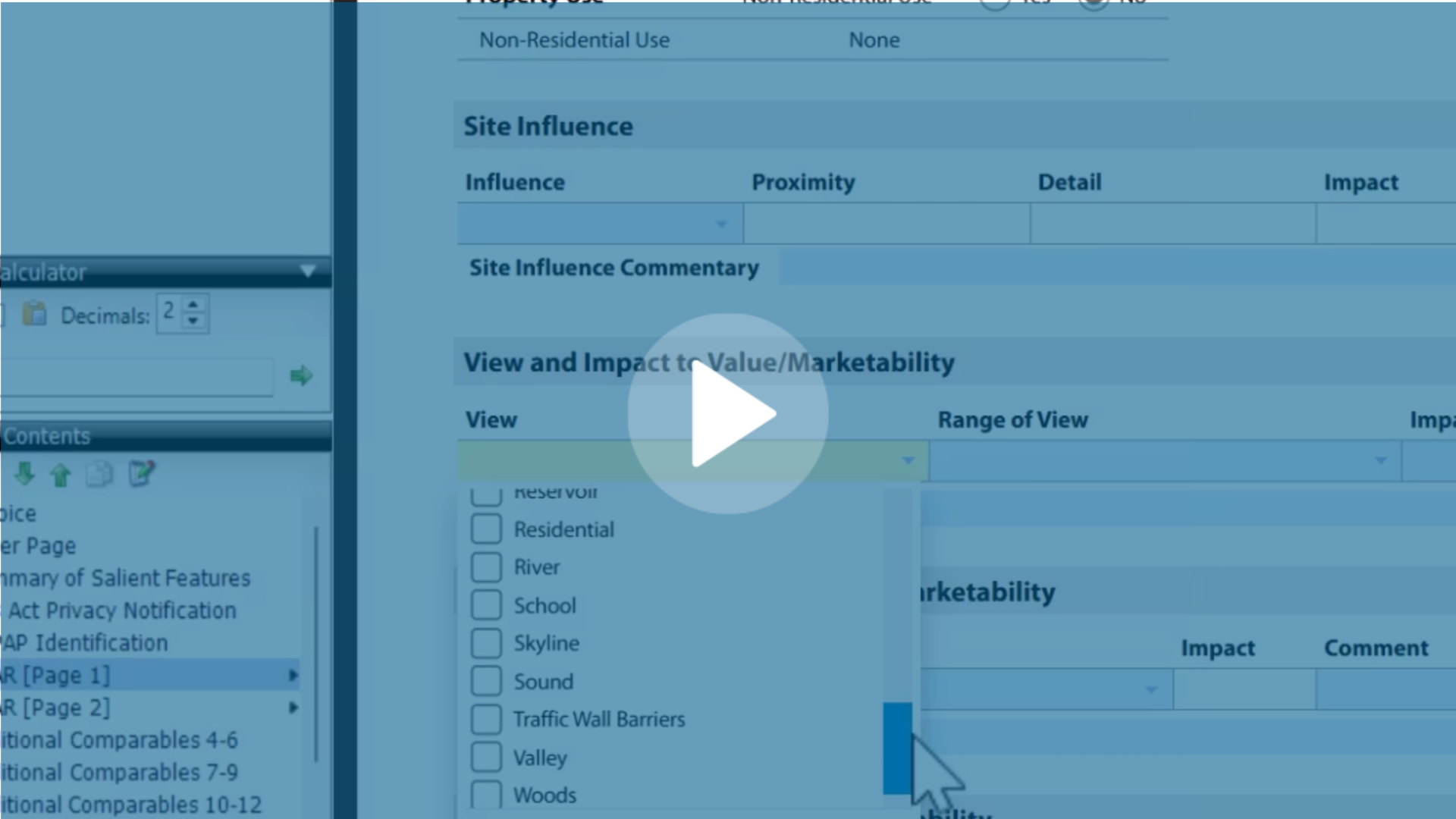
.jpg)
.png)
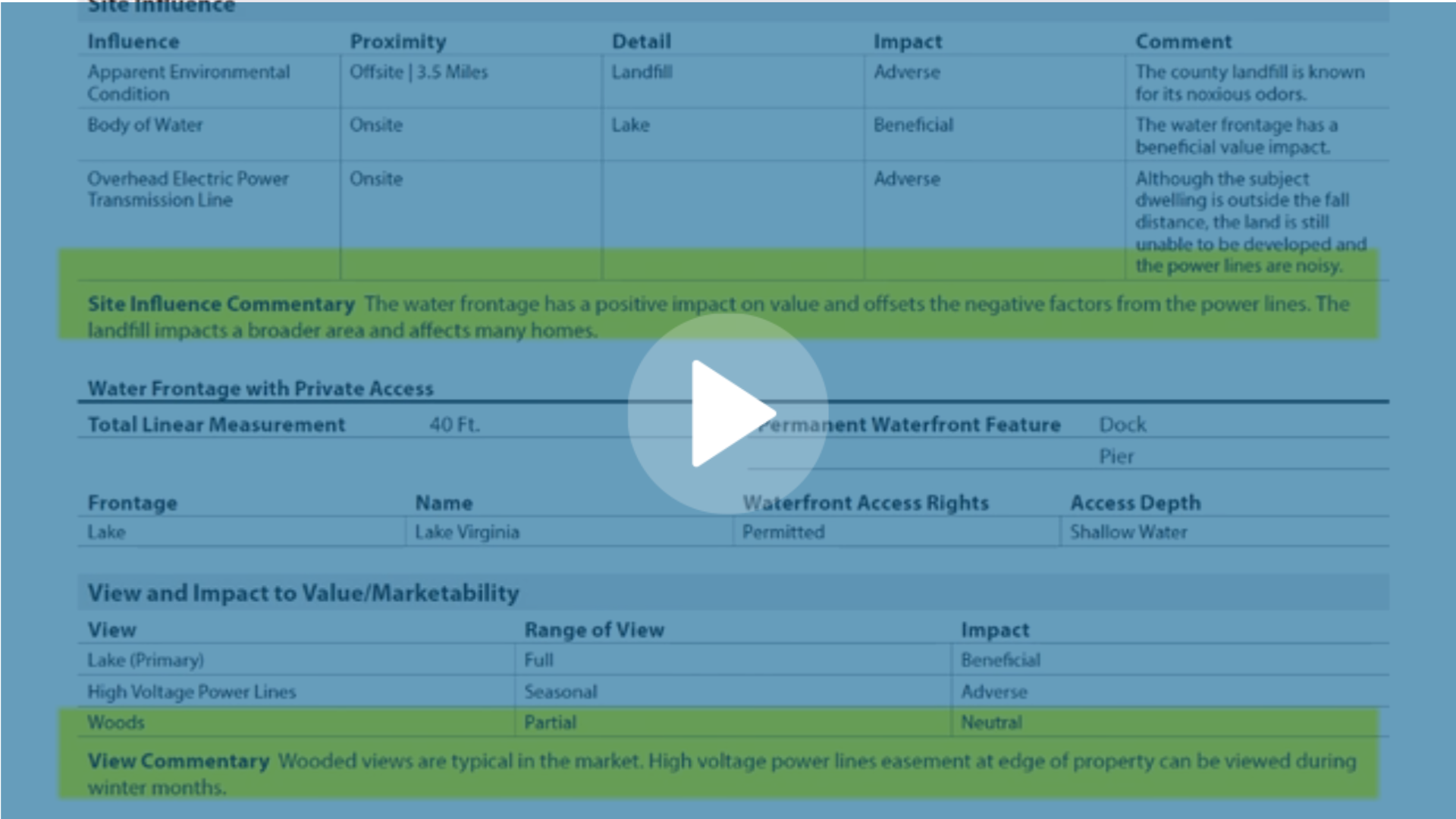
-1.png)









